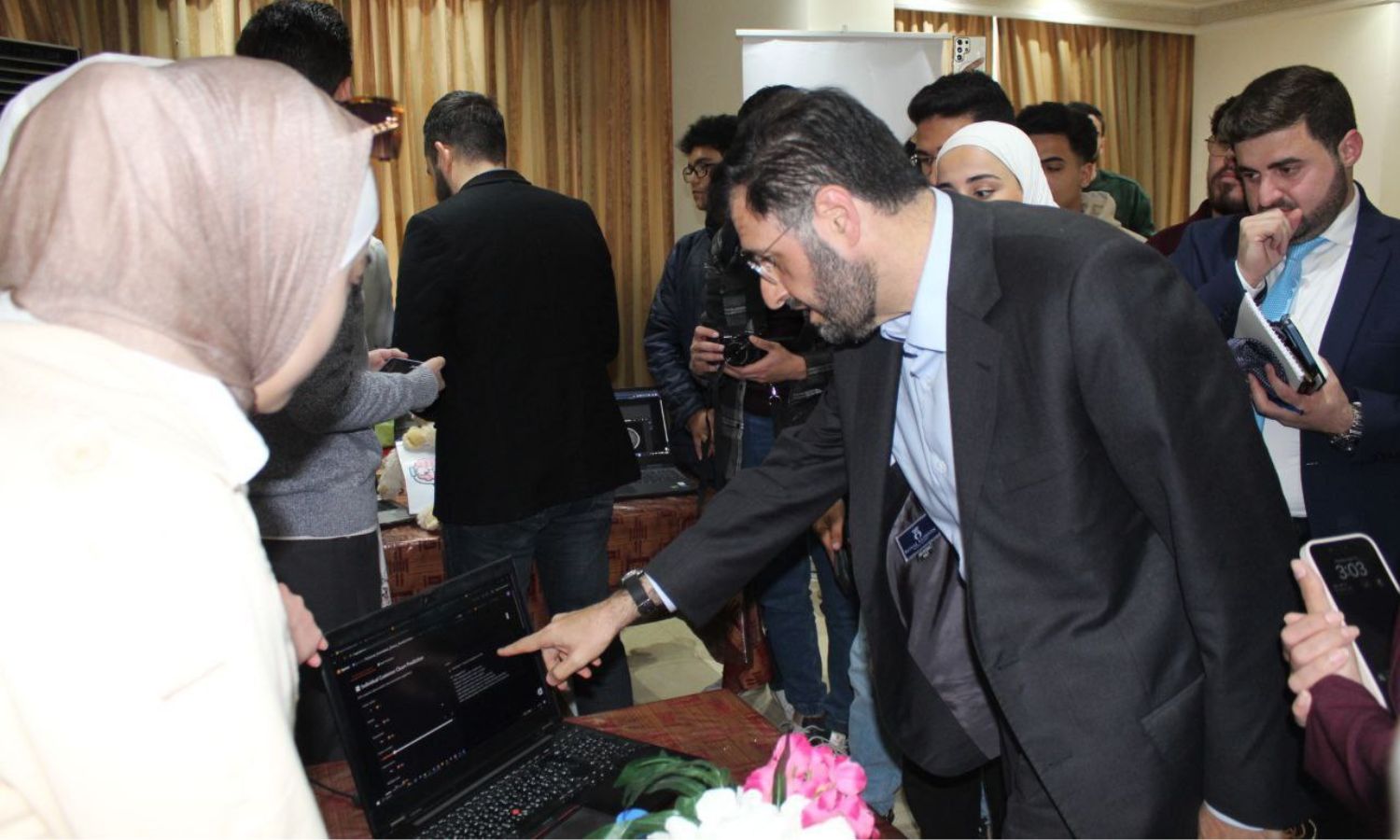
The Syrian Ministry of Communications and Information Technology has unveiled the SilkLink project, a sweeping initiative to modernize the nation’s digital infrastructure and establish Syria as a pivotal telecommunications hub connecting Asia and Europe.
Announced Tuesday, May 13 by the Minister of Communications Abdulsalam Haykal via “X” (formerly Twitter), the project seeks to transform Syria into a regional data corridor by deploying 4,500 kilometers of optical fiber throughout the country. The network will link major urban centers such as Damascus and Aleppo with key switching points in Palmyra, and extend to underserved eastern and southern regions. A crucial landing station for submarine cables will also be constructed in the port city of Tartus.
“This project will place Syria on the digital map of the world,” Haykal stated, calling it a leap forward in positioning Syria “as a strategic corridor for data movement between Asia and Europe.” He emphasized that the initiative is rooted in Syria’s historical role on the ancient Silk Road and aims to re-establish the country as a global communications nexus.
From War-Torn Infrastructure to Digital Gateway
The SilkLink project is being developed in collaboration with a consortium of international partners under a public-private partnership (PPP) model, which officials say will ensure long-term sustainability and shared investment risks. Its design includes strategic redundancy and flexible routing to bolster resilience against potential service disruptions—an essential feature in a country still recovering from over a decade of conflict.
The plan also calls for regional data interconnections with Jordan, Lebanon, Iraq, and Turkey, creating a viable new land route for digital traffic between Europe and Asia. This is expected to reduce dependency on undersea cable systems and provide alternative data pathways for international carriers.
Building Momentum with Ugarit 2
SilkLink builds on the momentum of the Ugarit 2 project, launched earlier this month. A joint venture between the Syrian government, US-based UNIFI, the Syrian Telecommunications Company, and Cyprus’ CYTA, Ugarit 2 is revitalizing a 30-year-old submarine cable and laying a new 250-kilometer link between Cyprus and Tartus. The upgrade is projected to double Syria’s internet capacity within two months.
Unlocking Strategic and Economic Potential
SilkLink promises to raise Syria’s internet capacity to 100 terabits per second, drastically improving service quality nationwide. Officials also highlight its potential to attract international investment in cloud services and data centers, creating jobs and stimulating economic growth. Funded through a public-private partnership (PPP) model, SilkLink is built for sustainability and resilience, reviving Syria’s historic role as a crossroads for global exchange and laying a foundation for its digital future.
According to Haykal, these combined initiatives reflect the government’s “commitment to building a modern and sturdy communications framework capable of meeting global economic requirements.”








